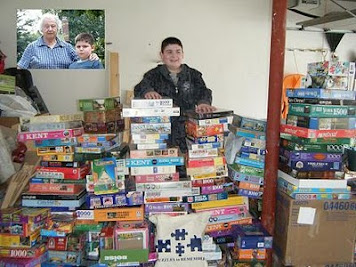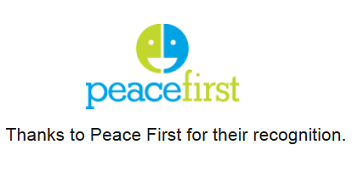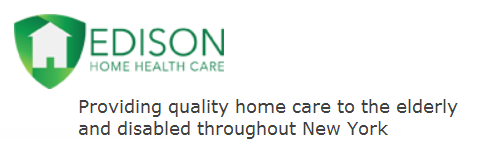By Carole B. Larkin
1. If there is a securely locked high fence around the whole perimeter of the property, let your loved one go outside, in good weather. Go outside with them.
2. If there is no secure fence or there is other danger to allowing them to go outside at will, try these approaches:
A. Remove from site triggers that would make the loved one or person with dementia think of going out, such as coats, umbrellas, shoes, purse, etc.
B. Tell your loved one or person with dementia frequently where they are and why, in a calm tone of voice. Reassure them with words like, "XXX will return in an hour to be with you" or "Your family knows where you are".
C. Don't confront or argue with the person, walk with them and redirect to another part of the house or to an activity. Use humor if possible.
D. Purchase childproof doorknob covers, or deadbolts to put on the door above the loved one or person with dementia's eye level, or slide bolts on the top or bottom of the door. These items will never be used when the loved one or person with dementia is alone in the home, only when someone is with them.
E. If you don't want to do any of the above, place warning bells above the
outside doors, or activate the house alarm system, or get a monitor that
goes on the loved one or person with dementia (such as a toddler monitor) or
a pressure mat alarm, so at least you know when your loved one or person
with dementia has left the house.
F. Try putting a full-length mirror on the inside face of the outside door.
Sometimes people don't recognize themselves and think someone is standing
there and turn around and go back.
G. Try putting a black throw rug in front of the outside door. To some
people, it looks like a hole in the floor and that they won't attempt to
cross it.
H. You might try to hide the outside door by putting a curtain in front of
it, or maybe by making sure it is the same color as the surrounding walls,
that way it may not be seen by the loved one or person with dementia.
I. Put a big sign on the outside door saying "Stop" or "Do Not Enter" or
"Danger- Do not Open".
J. Sew ID labels in the loved one or person with dementia's clothes, or get
a special Medic alert bracelet for the loved one or person with dementia, if
they have a history of escaping the house. Also they need to have a current
picture and a piece of unwashed clothes (for tracking dogs) handy to give to
the police, in case the loved one or person with dementia does escape.
K. If the loved one or person with dementia escapes while you are in the
bathroom , grab your cell phone, and run out side, look around the whole
block the house is on. Cover the whole block, if not found, call 911 and
tell them that a person with dementia has escaped the house and is lost. Try
to convince them that this person needs to be found immediately, they need
their medicines badly.
L. If the loved one or person with dementia doesn't recognize his or her
home as where they live, they may want to leave to go "Home". They may be
thinking of a home they lived in previously, such as in their childhood.
Instead of telling them that this is their home, talk about the home they
are thinking of. Reminiscing about it sometimes lessens their urge to leave.
M. If they still want to go "home" tell them you will walk with them, and
take a walk with them or tell them that you will drive them there, and take
them out for a drive. It may help if you stop to get a treat, an ice cream
cone, or snack. They probably will have forgotten about the other home by
the time you get back, and may even recognize where they live now as home.

Carole Larkin MAG, CMC, CDP, EICS,
is a Geriatric Care Manager who specializes in helping families with Alzheimer’s and related dementias issues. She also trains caregivers in home care companies, assisted livings, memory care communities, and nursing homes in dementia specific techniques for best care of dementia sufferers. ThirdAge Services LLC, is located in Dallas, TX.
Read More....



















